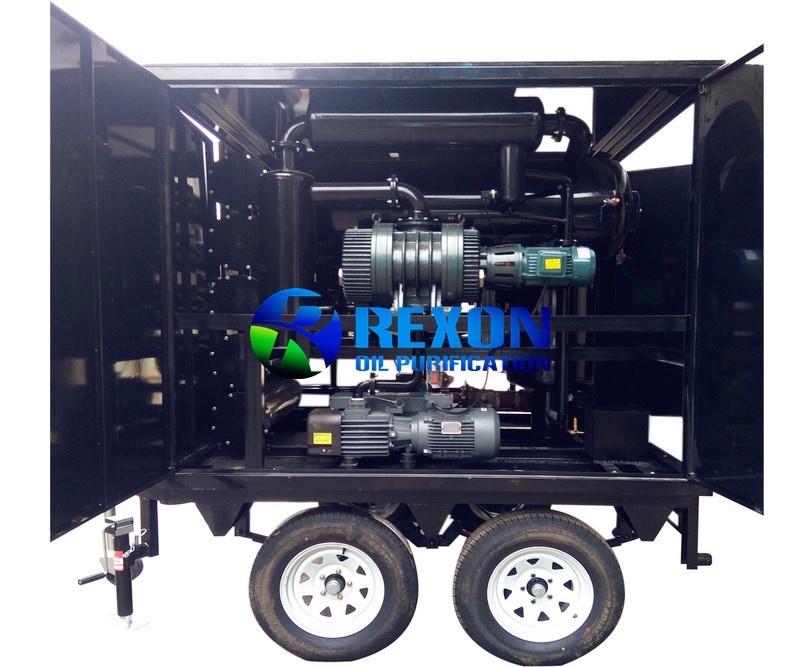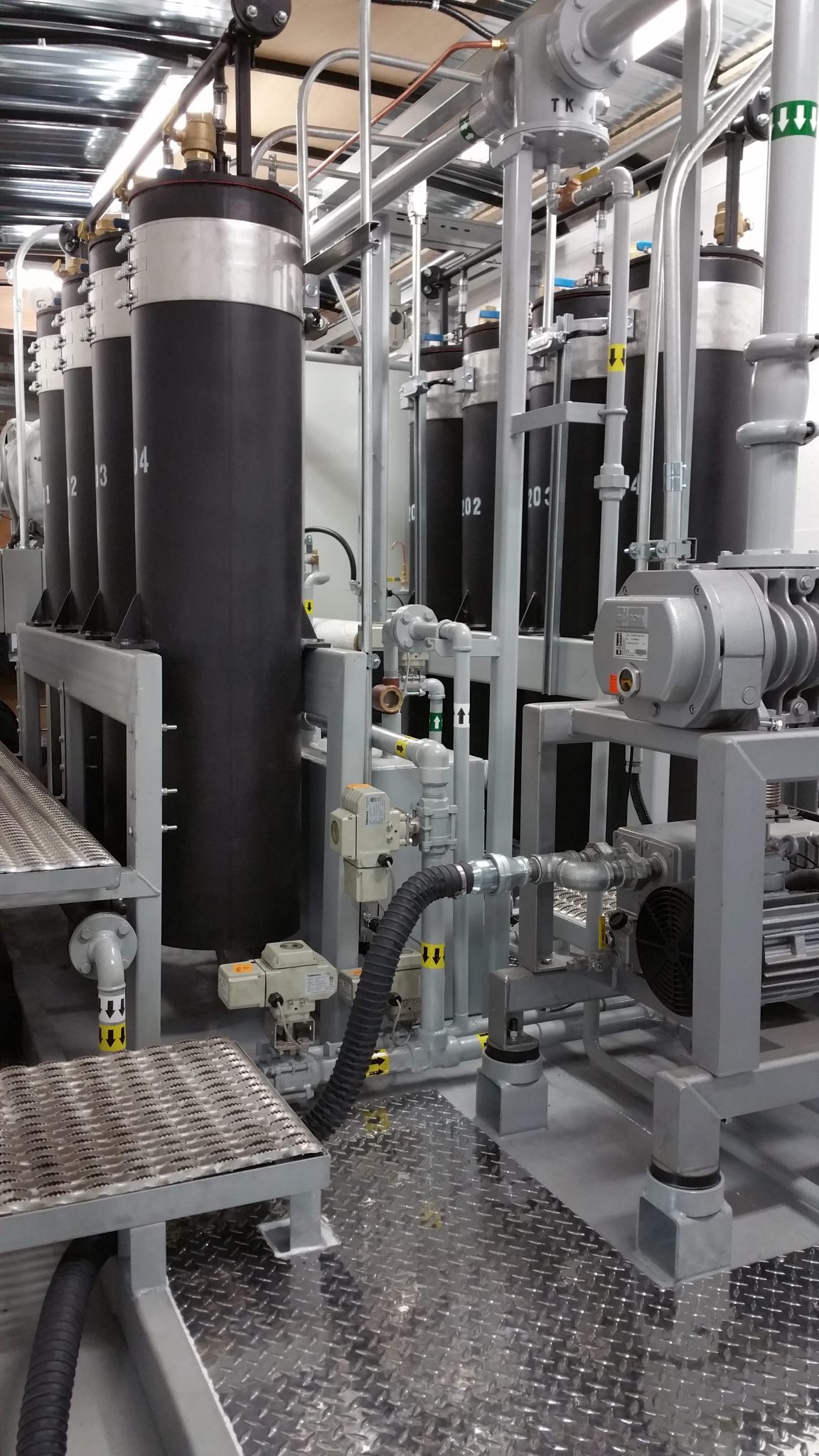Professional Tips for Maximizing the Conveniences of Transformer Oil Regeneration
Wiki Article
Cost-Effective and Eco-Friendly Transformer Maintenance With Regenerated Oil
The assimilation of regrowed oil in transformer maintenance provides a compelling technique for organizations looking for to enhance both cost-efficiency and eco-friendliness. By utilizing oil that keeps efficiency requirements similar to virgin choices, organizations can significantly reduce functional expenses while simultaneously reducing their environmental effect. This approach not only addresses the monetary problems related to waste disposal and frequent oil modifications however likewise adds to broader sustainability efforts. However, the effects of this change prolong beyond prompt benefits; recognizing the complete scope of its benefits calls for a more detailed assessment of the principles and techniques entailed.
Understanding Regenerated Oil
Regenerated oil, commonly described as re-refined oil, is a critical component in the maintenance of transformers, giving both economic and environmental advantages. This oil is originated from utilized mineral oils that have gone through an extensive filtration process, properly getting rid of pollutants and bring back the oil to a top quality equivalent to virgin oil. The regeneration procedure normally includes several stages, including physical separation, chemical treatment, and filtering, guaranteeing that impurities such as sludge, water, and heavy metals are eliminated.The utilization of regenerated oil in transformers is essential for maximizing efficiency and prolonging tools life expectancy. High-quality re-refined oil maintains its dielectric properties, making sure efficient insulation and avoiding electric malfunctions. In addition, it possesses exceptional thermal conductivity, which aids in managing the functional temperatures of transformers, inevitably improving their dependability and effectiveness.
In addition, adopting regenerated oil not only sustains affordable maintenance methods however likewise decreases the need for brand-new oil manufacturing, thereby conserving all-natural sources. Transitioning to re-refined oil is an intelligent option for organizations aiming to maintain high functional standards while all at once handling budget constraints. Comprehending the properties and benefits of regrowed oil is critical for notified decision-making in transformer upkeep practices.
Environmental Advantages
Making use of regrowed oil in transformer maintenance offers significant ecological advantages that contribute to lasting practices within the power market. Among the key advantages is the decrease of waste oil disposal, as regenerated oil is derived from the recycling of used transformer oil, considerably reducing the quantity of harmful waste generated. This procedure assists alleviate the environmental threats related to inappropriate disposal methods, which can result in dirt and water contamination.In addition, the regeneration process saves natural deposits by decreasing the need for new base oil manufacturing - Transformer Oil Regeneration Plant. This conservation effort not just lowers the removal impact on ecological communities but also lowers the carbon impact connected with oil manufacturing. By taking on restored oil, business can enhance their commitment to ecological stewardship and straighten with international sustainability goals
In addition, making use of restored oil boosts the general efficiency of transformers, bring about decreased power losses and reduced greenhouse gas discharges. As the energy field progressively deals with stress to decrease its ecological impact, embracing restored oil represents an aggressive method to attaining both functional and environmental goals. In recap, the environmental benefits of making use of regenerated oil are complex, advertising a much healthier planet while supporting the power industry's change in the direction of sustainability.
Expense Cost Savings and Effectiveness
Utilizing regenerated oil in transformer maintenance can bring about substantial cost savings and enhanced operational effectiveness for power business. Restored oil, created with advanced purification processes, supplies similar efficiency to brand-new oil at a fraction of the cost. By recycling oil that would or else be discarded, firms can decrease their investing in expenses while reducing garbage disposal costs.
Moreover, the extended life cycle of regrowed oil translates to decreased frequency of oil adjustments, leading to lower labor costs and reduced downtime for maintenance activities. Reclaimed Transformer Oil. This not only enhances operational performance but also enables a more structured upkeep timetable, making it possible for companies to allocate sources better
In enhancement, the use of regenerated oil can bring about lower insurance premiums as a result of its eco-friendly account. As energy companies face increasing analysis regarding their environmental effect, adopting sustainable methods such as making use of regenerated oil can strengthen their credibility and possibly attract financial investment.
Ultimately, the integration of regrowed oil right into transformer upkeep techniques presents a tactical chance for Transformer Oil Regeneration Process energy firms to achieve considerable cost savings while promoting functional effectiveness, thereby lining up monetary performance with ecological obligation.
Comparison With Traditional Oils
While conventional oils have actually long been the criterion in transformer maintenance, a detailed contrast exposes that regenerated oils use numerous advantages that enhance efficiency and sustainability. Standard mineral oils, while efficient, commonly pose ecological threats, such as contamination and disposal problems. In comparison, regenerated oils are stemmed from recycled materials, significantly reducing their ecological impact.Among the key differentiators is the chemical stability of regenerated oils. They usually exhibit exceptional oxidative stability, which equates to longer life span and decreased frequency of oil changes. This characteristic not only boosts transformer efficiency however also reduces downtime and maintenance costs. Furthermore, regenerated oils often contain reduced levels of unsafe additives, making them a more secure choice for the atmosphere and both tools.
In addition, regenerated oils provide outstanding dielectric homes, making sure efficient electric insulation. This top quality is essential in keeping transformer performance under differing operational conditions. Making use of regenerated oils additionally lines up with international sustainability objectives, interesting organizations committed to minimizing their carbon impact. In general, the advantages of regenerated oils over standard oils highlight their potential to change transformer maintenance methods, offering a much more efficient and accountable choice.
Implementation in Maintenance Practices

Once the assessment is full, a customized prepare for transitioning to restored oil should be developed, taking into consideration factors such as compatibility with existing products and functional problems. Training for maintenance workers is crucial, as they have to comprehend the one-of-a-kind homes of regenerated oils and how to manage their application successfully.
Executing a rigorous monitoring program will certainly facilitate the assessment of performance metrics post-implementation, guaranteeing the restored oil meets the needed functional criteria. Reclaimed Transformer Oil. In addition, establishing a routine upkeep timetable will aid in recognizing prospective issues early and permit for prompt restorative activities
Conclusion
To conclude, the fostering of restored oil for transformer upkeep offers a feasible remedy that straightens financial advantages with environmental sustainability. By minimizing expenses connected with oil adjustments and garbage disposal, while at the same time expanding the life-span of devices, companies can enhance functional efficiency. The transition to regenerated oil not only reduces ecological impacts yet also sustains more comprehensive sustainability objectives, making it a prudent selection for modern-day upkeep methods in the power market.Restored oil, commonly referred to as re-refined oil, is a crucial element in the upkeep of transformers, offering both economic and environmental benefits. This oil is obtained from used mineral oils that have gone through a thorough filtration process, properly removing contaminants and restoring the oil to a top quality equivalent to virgin oil.Additionally, embracing regrowed oil not just sustains cost-effective maintenance approaches but likewise minimizes the demand for brand-new oil production, consequently conserving natural resources. One of the key benefits is the decrease of waste oil disposal, as regenerated oil is derived from the recycling of used transformer oil, dramatically lowering the volume of harmful waste created. Restored oil, created with innovative filtration processes, provides equivalent efficiency to new oil at a fraction of the price.
Report this wiki page